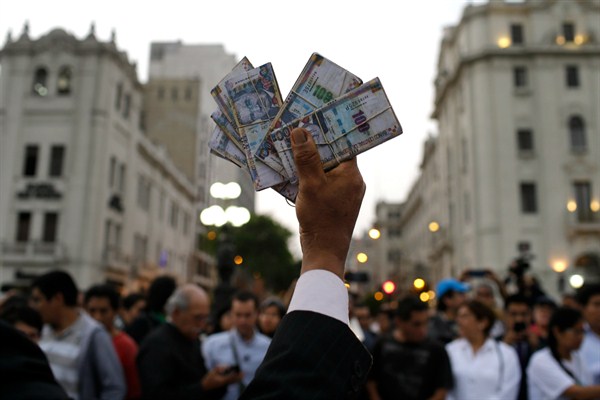After a tumultuous year of political upheaval and economic turmoil in Latin America, 2018 promises to bring a measure of clarity as voters in some of the region’s biggest, most important countries go to the polls. But as the new year begins, the prevailing mood from Sao Paolo to Mexico City is one of uncertainty, with an unprecedented range of possible outcomes.
This year, voters will choose presidents in Brazil, Mexico, Colombia, Paraguay and Costa Rica. Venezuela will also hold a presidential election, or so says President Nicolas Maduro. What is remarkable in the elections in the first three— Brazil, Mexico and Colombia—is the sheer unpredictability of the results. The extent of divergence in the political positions among candidates with a strong chance of winning is highly uncommon in a region where political contenders have, with some exceptions, tended to hold views that differ more in degree than on their fundamental philosophy.
One year from now, those three pivotal countries could be governed by politicians espousing middle-of-the-road ideologies,or they could be helmed by populist leaders enacting much more unconventional policies and governing styles.

